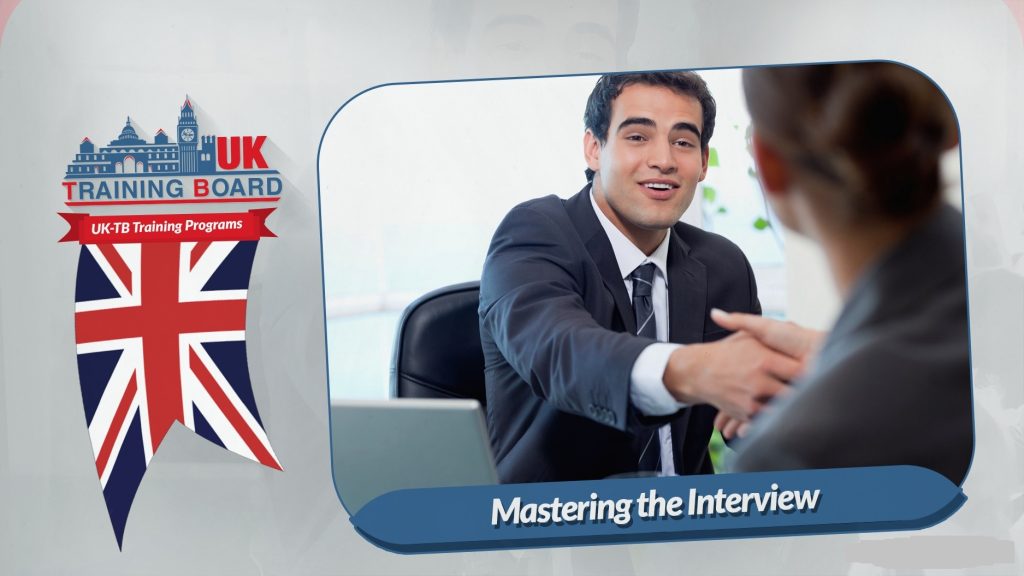Job interviews are much like stepping into uncharted territory – they can be both thrilling and anxiety-inducing. However, with meticulous preparation and self-awareness, you can significantly enhance your chances of success. Avoiding common interview mistakes is a critical aspect of navigating this high-stakes process and positioning yourself as the ideal candidate for the job. In this blog, we’ll delve into some of the most prevalent interview blunders and provide actionable tips to help you stand out from the competition and leave a lasting positive impression.
Arriving Unprepared:
A well-prepared candidate is a confident candidate. Before the interview, delve into the company’s history, core values, and recent achievements. Know the job description inside out and be ready to articulate how your skills and experiences make you the perfect fit for the role. Demonstrating your understanding and interest in the company not only shows professionalism but also sets you apart as a committed applicant.
Lack of Confidence or Overconfidence:
Confidence is undoubtedly appealing, but striking the right balance is crucial. Underselling yourself might give the impression that you lack the necessary qualifications, while overconfidence can come off as arrogance. Instead, showcase your strengths, experiences, and accomplishments with humility, substantiating your claims with tangible examples.
Not Tailoring Your Responses:
Reciting rehearsed answers can make you blend in with other candidates. Avoid the temptation to rely on generic responses and, instead, tailor your answers to the specific needs of the job and the company’s culture. By highlighting your relevant skills and experiences, you demonstrate that you’ve done your research and genuinely envision yourself contributing to their success.
Poor Body Language:
The unspoken language of gestures and posture can speak volumes in an interview. Slouching, fidgeting, or avoiding eye contact can project a lack of interest or self-assurance. Make a strong first impression by maintaining good posture, offering a firm handshake, and engaging in active listening throughout the conversation.
Rambling or Oversharing:
Interviewers appreciate concise and focused responses. Avoid going off on tangents that distract from your core qualifications. Additionally, resist the temptation to overshare personal or unrelated information. Instead, maintain a structured approach to your answers, ensuring you highlight your most relevant experiences and skills.
Negativity about Previous Employers:
Discussing past negative experiences in a bitter tone reflects poorly on your professionalism and adaptability. Rather than dwelling on the negatives, focus on the lessons you learned from challenges and how they have shaped you into a stronger, more resilient professional.
Failing to Ask Questions:
The opportunity to ask questions is not just a formality; it’s a chance to demonstrate your genuine interest in the position and the company. Prepare insightful questions about the company’s culture, team dynamics, and the opportunities for growth within the organization. Engaging in a dialogue shows your eagerness to make an informed decision about joining the team.
Forgetting to Follow Up:
The final act of an interview should always include expressing gratitude for the opportunity and reiterating your interest in the position. Sending a thoughtful thank-you email or note can make a considerable impact and reinforce your enthusiasm for the role. Failing to follow up may leave the impression of disinterest or a lack of appreciation for the interviewer’s time.
In the competitive landscape of job hunting, avoiding common interview mistakes can be the key to unlocking your career potential. Your approach to the interview process should be one of self-assurance, adaptability, and enthusiasm. Thorough preparation, mindful body language, and tailored responses will undoubtedly set you apart from the crowd. Remember that interviews are not solely about showcasing your qualifications; they are an opportunity to build meaningful connections and learn from each experience. Embrace the journey, take each interview as a valuable learning experience, and continue honing your interview skills. With dedication and perseverance, you will undoubtedly find yourself confidently acing your next job interview and stepping into a new chapter of your professional life. Good luck!



